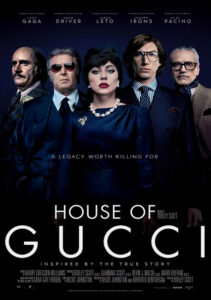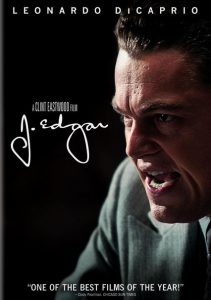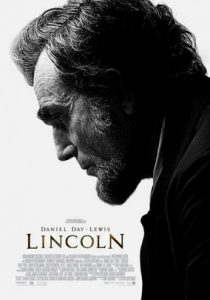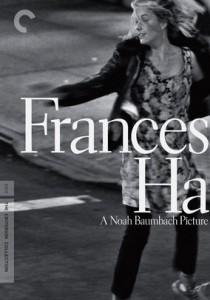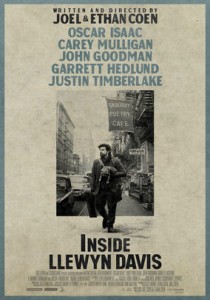House of Gucci-2021
Director Ridley Scott
Starring Lady Gaga, Adam Driver, Jared Leto
Scott’s Review #1,244
Reviewed April 10, 2022
Grade: B+
Upon the release of 2021’s House of Gucci, much award buzz surrounded the film, especially for Lady Gaga’s performance. A story of a once lofty Italian fashion family of the 1970s, 80s, and 90s seemed a prime winner on many levels.
Sadly, reviews quickly turned mediocre or downright lethal as more and more people saw the film, reducing it to a meager one lonely Oscar nomination in a category viewed as minor.
The accolades were expected to be much loftier, but the buzz was tarnished very quickly. Critics largely dismissed the work as too campy and melodramatic for its own good but did praise the acting. Some ripped it to shreds entirely.
Mainstream audiences were a bit kinder than the average critic.
While I recognize the criticisms and even agree with some, mostly its uneven pacing, I find House of Gucci a resounding guilty pleasure. The main appeal is Lady Gaga, who takes charge, playing an unlikable manipulator whom you shouldn’t root for but will anyway.
Here is a brief synopsis for those not familiar with the real-life story of the rise and crumble of the Gucci empire.
The shocking true story of the family behind the Italian fashion empire inspires the film. When Patrizia Reggiani (Lady Gaga), an outsider from humble beginnings, marries Maurizio Gucci and all his wealth, her unbridled ambition and manipulations tear the once close-knit family apart.
The family legacy quickly unravels and triggers a domino effect of betrayal, decadence, revenge, and murder.
With a cast including heavyweights such as Al Pacino, Jeremy Irons, Salma Hayek, and Jared Leto, there is much to focus on in the acting department. Besides Hayek, who plays a psychic, all contain Gucci blood.
All are terrific except Leto, who suffers from overreaching for the stars in terms of the emphasis he puts on being a red-blooded Italian man. He overacts.
Notably, all the principal cast members are American, not Italian, which is why I found their language, culture, and mannerisms to be authentic, a testament to their talent.
The fact that the legendary Ridley Scott directs House of Gucci is a surprise. Known for either science fiction or different sorts of offerings like Alien (1979), Blade Runner (1982), and Gladiator (2001), House of Gucci feels like a stretch for the seasoned director by way of subject matter.
Perhaps he phoned it in? There is little that is a cinematic spectacle in House of Gucci and its straight-ahead drama. Some argue it’s shot like a television movie. While I disagree that it’s as dismal as all that, I do get the point.
From the camera lens, the film is saved tremendously by the juicy and lavish sequences that transpire in Milan, Italy. The decadence of the 1980s is never more apparent than amid the fashion capital of the world.
With luxurious estates, nightclubs, and enough exterior scenes to satisfy anyone who has been to Milan (I have!), it’s enough to save most viewers from the ho-hum story.
I’ve mentioned earlier how House of Gucci feels uneven. It’s hard to pinpoint precisely, but there’s a feeling of a gaping hole or something missing from the film. Sure, there is enough drama and schemes to make television’s The Bachelor proud, but there is a glaring misfire throughout.
I would have assured that Lady Gaga made the Best Actress Oscar list, but sadly, this was not to be. This is too bad because she gives it her all as badass Patrizia. She is a woman not to be fucked with, and when she turns the tables on her husband and the love of her life, he had better watch out.
It’s a shame that all the dots didn’t connect for House of Gucci (2021).
With such a terrific cast, juicy locales, and a respected director, the film could have been a contender. Instead, it’s a pretty good film that does not need to be watched a second time.
Oscar Nominations: Best Makeup and Hairstyling
